Keywords: Religious Media
-

AUSTRALIA
- Frank Brennan
- 25 September 2024
3 Comments
The Government is making another valiant effort to rein in the adverse effects of ungoverned digital platforms. But in debating such a detailed bill without the backstop of a constitutional or statutory bill of rights recognising the right to freedom of expression, there are no clear guard rails for getting the balance right.
READ MORE
-
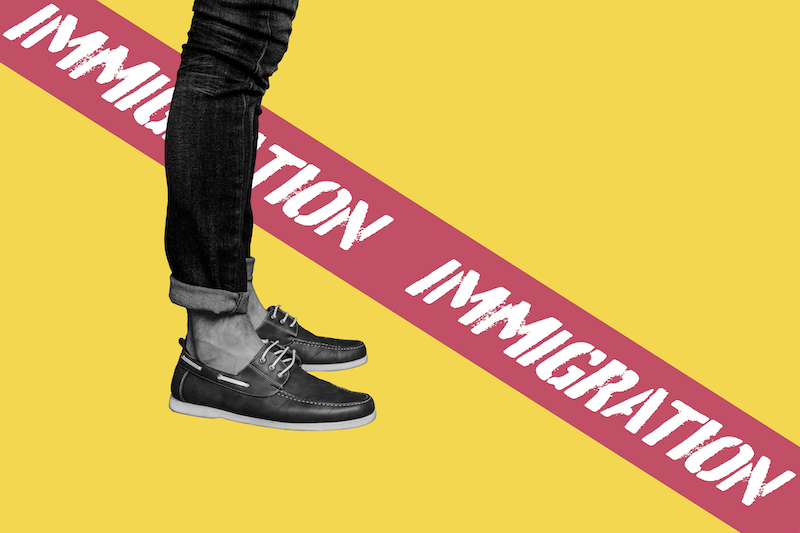
FAITH DOING JUSTICE
- Andrew Hamilton
- 23 September 2024
1 Comment
In prosperous times many people in developed nations are sympathetic to refugees and migrants and welcome them into their own societies. In hard times, however, xenophobia spreads.
READ MORE
-

RELIGION
- Ann Rennie
- 13 September 2024
2 Comments
People visit graves and castles, libraries and mansions, battlefields and places of historical significance to feel a little of the lives of others, to pay homage, to make that human connection. We make secular pilgrimages to places that we have dreamt about or read in books or seen on screen. Wherever we go, these are ultimately visits to places within.
READ MORE 
-
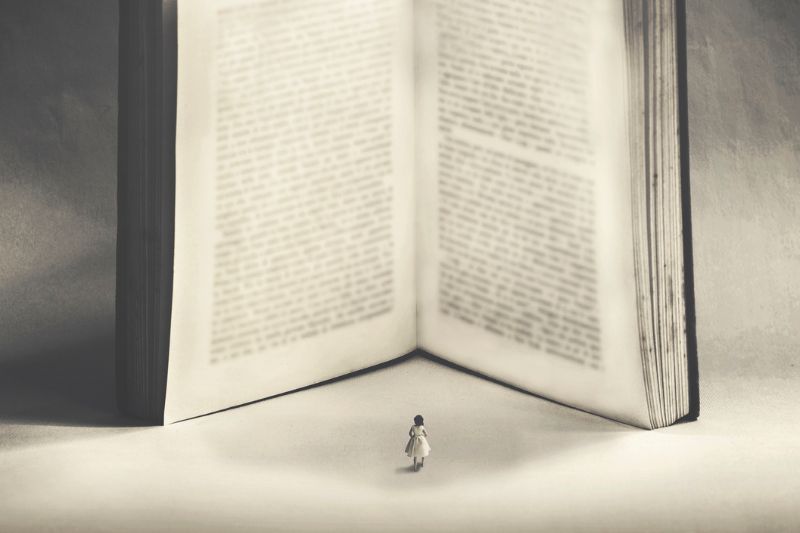
ARTS AND CULTURE
- Andrew Hamilton
- 15 August 2024
4 Comments
In a world driven by profit and speed, poetry stands as a quiet rebellion. It honours and explores what is distinctive about human beings – communication through words. And if we dismiss as a waste of time the slower rhythms involved in the writing and reading of poetry, we are likely to discover how time spent unreflectively wastes us.
READ MORE
-
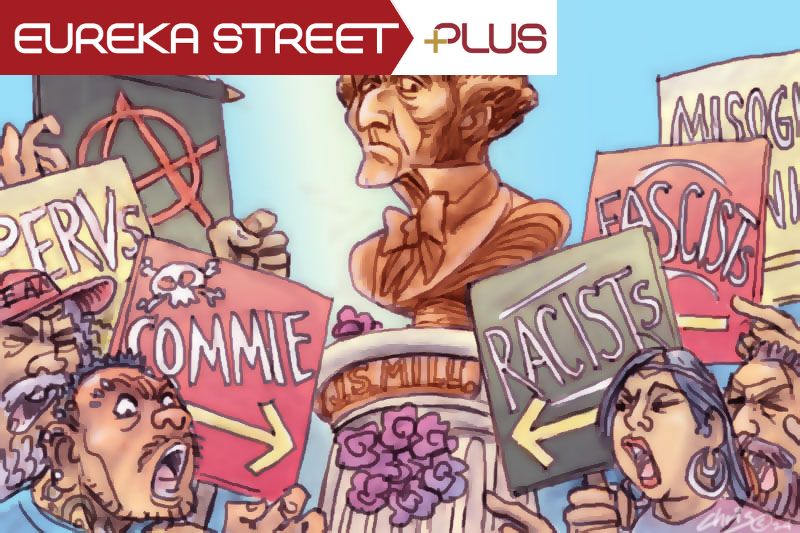
AUSTRALIA
- Russell Blackford
- 09 August 2024
2 Comments
Once the backbone of Western democracy, the philosophy championing free speech, tolerance, and civil political discourse is often reviled by those on both the Left and Right. In our desire for justice and meaning, is there a need to rediscover the principles that have long fostered human flourishing?
READ MORE 
-
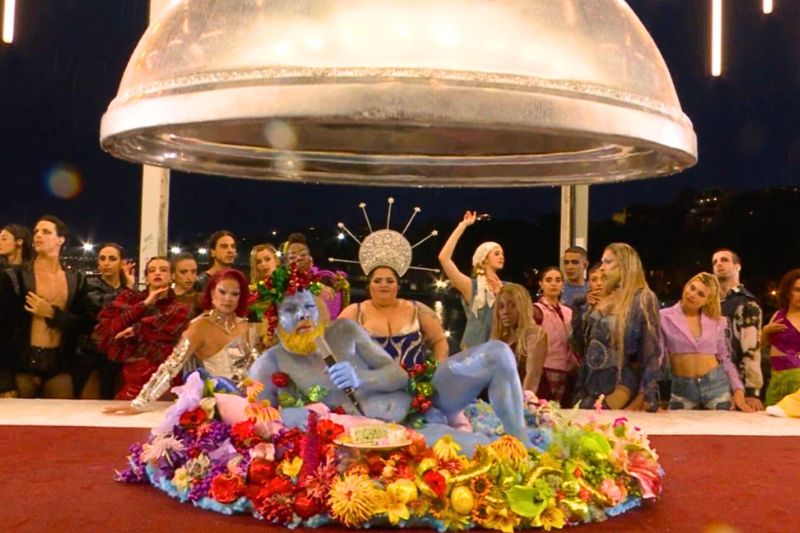
INTERNATIONAL
- Juliette Hughes
- 07 August 2024
You have to admit, the French have form for mocking religion. But with their peculiar take on the Lord's Supper with all its Dionysian excess, the colourfully irreverent opening ceremony left many asking: has Paris 2024 turned the Olympics into a ritual of performative ethics?
READ MORE
-

INTERNATIONAL
- Michael McVeigh
- 05 August 2024
1 Comment
Imagine a universe where the arts, rather than sport, gets all the money and attention from the masses. But we'd be mistaken if we it tried to set up art and sport as opposite rather than complementary pursuits.
READ MORE 
-
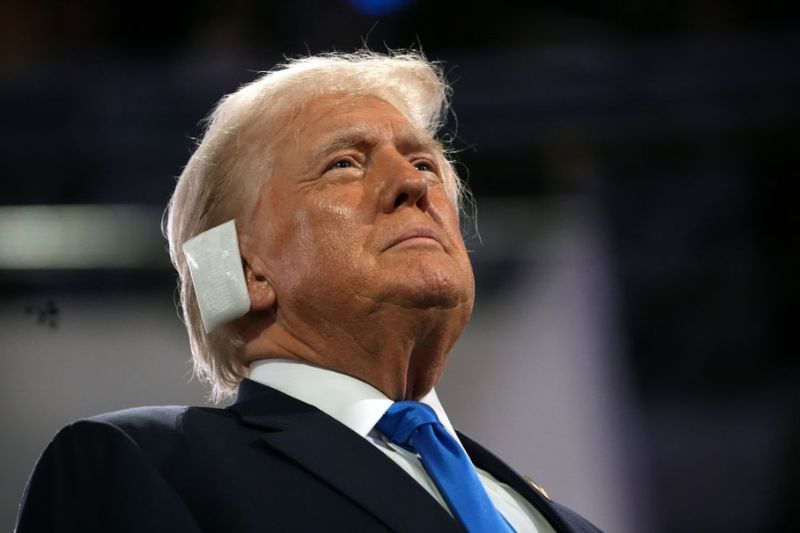
INTERNATIONAL
- Warwick McFadyen
- 24 July 2024
2 Comments
Following the assassination attempt, Donald Trump evidently sees his survival as a sign from God, in whom he very likely does not believe, that he is certain to achieve victory this November. It seems Trump’s religious road veers towards whichever destination offers him the greatest prize.
READ MORE
-

AUSTRALIA
- Barry Gittins
- 10 July 2024
4 Comments
How do you respond, when members of your own tribe share their distaste towards those who rub them up the wrong way? Do you ‘unfollow’? Do you engage? And if you vent against those who who offend with their own dearth of tolerance, are you guilty of doing the same?
READ MORE
-
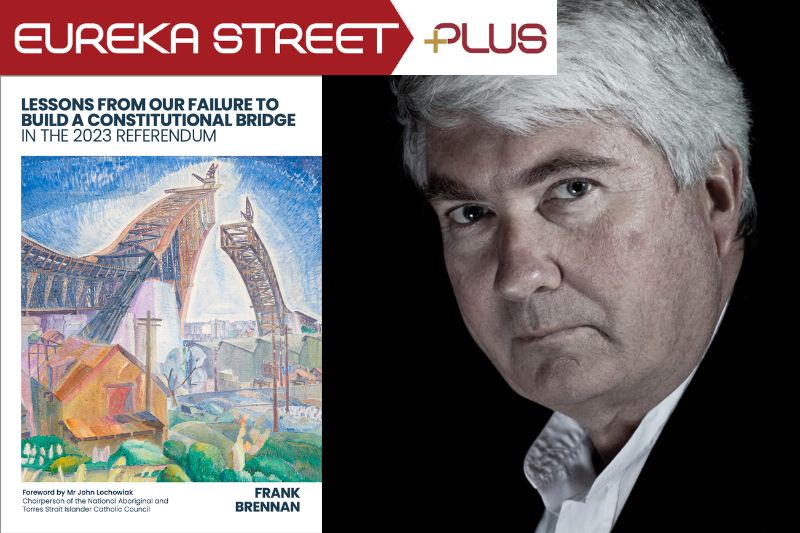
AUSTRALIA
- David Halliday
- 28 June 2024
13 Comments
It's been eight months since the Voice referendum, and people are starting to grapple with what its defeat means for Australia. There are few voices in Australia as qualified to conduct a postmortem of the outcome of the Voice referendum campaign as Frank Brennan. We examine what lessons can be learned and crucually, whether there’s reason for hope for Indigenous constitutional recognition.
READ MORE
-

AUSTRALIA
In response to campus protests, universities erred on the side of free speech when every other day, the prevailing ethos is one of ‘safetyism’, namely suppressing speech or inquiry if an identity group frames it as ‘harmful’ to them. Universities should strive to be uncomfortable and ‘unsafe’ for all, with no identity immune from robust scrutiny.
READ MORE 
-

RELIGION
- Andrew Hamilton
- 23 May 2024
4 Comments
When Pope Francis delivered a message for the World Day of Social Communications, he focused on AI. The pope posed a wide range of questions including how to regulate its development and use in order to avoid the manipulation of truth and the inevitable centralisation of wealth and power.
READ MORE